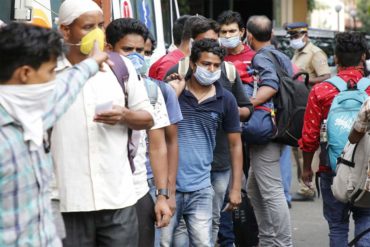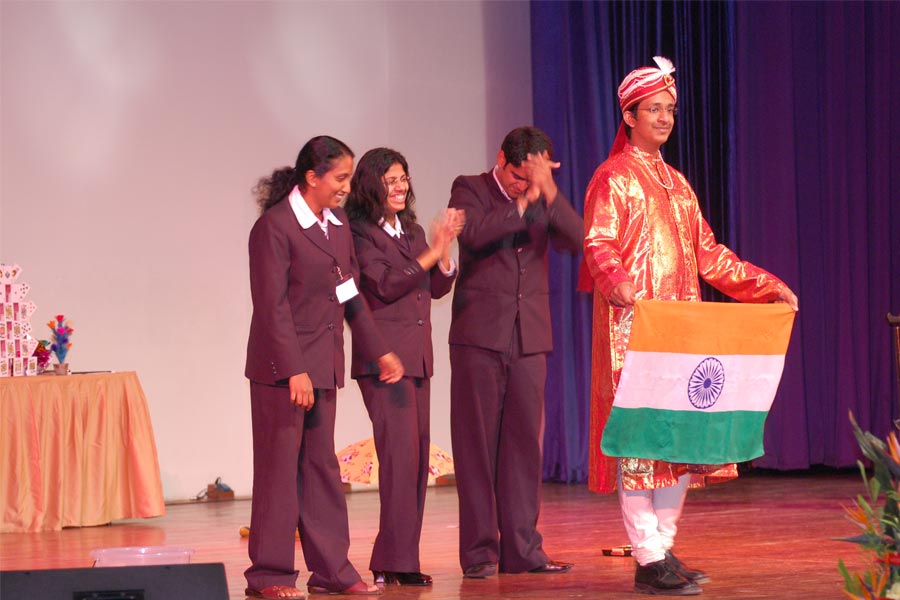Does everyone do the job he/she loves? Are people happy with the way they earn a living? In a country with as high an unemployment rate as India, these questions may not be of much relevance to the vast majority of the population. However, once in a while, such questions do find their way into discussions, journals and articles like this.
It’s common to see some of the so-called nationalists in Whatsapp groups dub the young IIT kids, who leave the country after graduation, as unpatriotic. Such people also sneer at those who stay back in the country and daringly launch their own start-ups, or opt for a career in non-tech areas. These thoughts that stem from the same ‘tax-paying-arrogance’ that mock and malign institutions like the JNU and complain about liberal arts, conclude that these fleeing IITians are the reason why India has remained technologically backward all these years. That’s something that can’t be farther from the truth.
When I was in class ten, I was told that all top students must pursue science, the average ones were encouraged to settle for commerce and the mediocre ones are guided to arts. It was an unambiguous decision amongst my peers as well as teachers. This hierarchy seems to have been fixed based on employment prospects and money-making capacity of these areas. I strongly believe we haven’t yet properly addressed the social structure that has emerged on account of this hierarchical concept vis-a-vis education and employment. Come to think of it, it’s pure evil and deters the society from achieving its full potential.
So, like my peers, I decided to pursue science for my higher secondary education. But where? The most informed among those in my immediate surroundings told me about these prestigious institutions called IITs. Apparently, the brightest among the science-fed attended those and had fun for the rest of their lives! It’s pretty tough to get in, I was told, but was well worth the effort. And two years of hard work was all that it would take to be rewarded with a life full of adventure and wealth. I was more than convinced about preparing for the IIT. It was the place I wanted to be.
If this situation had influenced someone like me who had all the freedom in the world to choose what I wanted to do and where I wanted to go, I can imagine the plight of a lot students with constraints—financial and the like. My decision to opt for science over social sciences was purely based on my competency in maths and not my interests. My decision to prepare for IIT-JEE was based purely on the convenient life style it purportedly offered and the superlative but exaggerated career prospects. Strangely, the IITs are fast churning out musicians, politicians, filmmakers, journalists, entrepreneurs, authors and chefs—students are bravely abandoning the rigour of the IITs and following their calling. Who should be blamed for this: the individual or the system? Or, should someone be blamed at all?
I had no idea what engineering was like before I actually started attending classes at IIT Kharagpur. And it took only a year in that institution for me to realise that I was not interested in making a career out of engineering. I wanted to do something much more meaningful with my life than engineering man-made systems. Maybe I was being naïve, but then, am I not free to be naïve? Shouldn’t all of us be?
Students at a young age don’t generally have much idea about which options to pursue. They are exposed to very few areas, and even those are rarely devoid of biases. And often, parents and teachers too can’t claim to have much clarity about the choices their wards make. They can’t be blamed either, because with information technology growing exponentially, the information gap between generations too is widening rapidly.
We, as a society, are in dire need of superior counselling systems which can prevent this unfortunate mismatch between individuals’ interests and employment. Students need to be asked about their interests, offered a comprehensive view of options available and all related information before they begin making their choices.
Apart from being detrimental to the individuals concerned, this situation is also harmful to the society. The way liberal arts as a discipline is being ignored by the society at present will cost us dear in the future. Today it may be data scientists and coders who are making money the most, but tomorrow when the technology of data processing gets saturated it will be ideological creativity that will be in demand. This country with its extraordinary diversity and immense history has the potential to produce the best of sociologists and historians, but only if we see things more clearly now.
The fact that IITs fail to feature in the global rankings and don’t produce significant results in terms of research is a symptom of this malaise. That a lot of the kids graduate from IIT and go straight to IIMs to plunge into the world of management is also a reflection of this situation. None of these implications are measured because for our society, IITs are technological institutions. In reality, they are acting like universities where students get all round development rather than a breeding ground of technological enthusiasts
Even though unemployment is a crucial issue in our country, the system also needs to be rewired to ameliorate the situation of mismatched learning and employment. Only then can we evolve as a society where people can afford to do jobs that they love doing and still earn a living.







